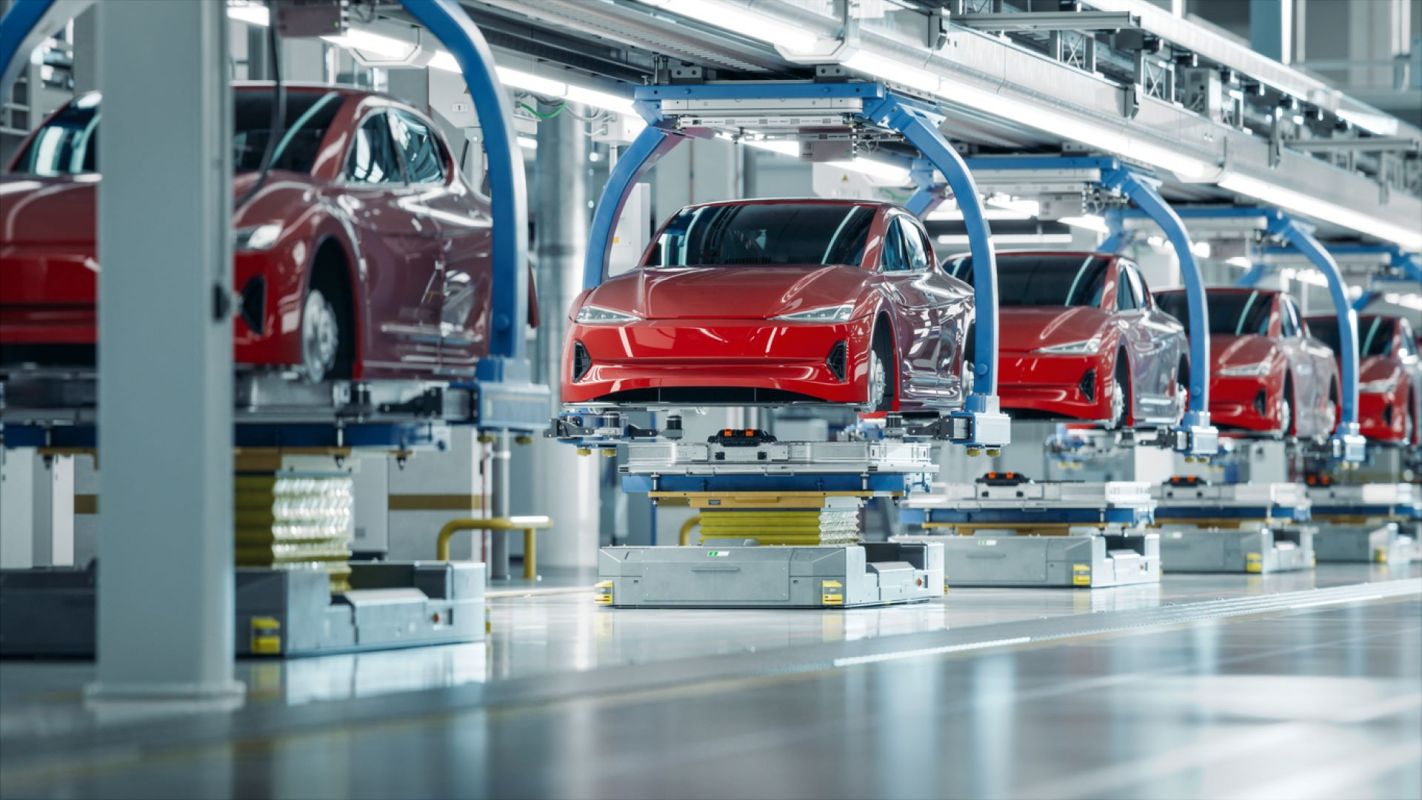A South Wales company is working on a salt/trash battery.
Yes, you read that correctly.
🗣️ Should American companies be doing more to compete with China on clean energy?
🔘 YES 👍
🔘 NO 👎
🗳️ Click your choice to see results and speak your mind
DG Innovate, led by former Tesla executives, is planning to power electric vehicles with biowaste and sodium. The company was started in 2009, earning crucial funding through equity rounds and grants along the way, as well as meeting key technological benchmarks, all according to a timeline posted on DGI's website.
Now, with CEO Peter Bardenfleth-Hansen and Executive Director Jochen Rudat among the leaders in place, the company is poised for final testing and manufacturing next year, DGI reports.
It could be game-changing work, as the unique batteries are designed to store renewable energy in addition to powering EVs.
This isn't new territory for Bardenfleth-Hansen and Rudat. According to DG Innovate's leadership bio page, Bardenfleth-Hansen helped to launch Tesla in Scandinavia, and Rudat worked for Tesla during the EV maker's early years in Europe, reporting directly to Elon Musk.
For the next chapter, they are focused on creating a battery that provides adequate range and charge speed without expensive and hard-to-gather materials, including lithium.
Using sodium isn't a new concept, with larger EV makers, like BYD, also working on the tech. It's common on Earth, can be harvested from our oceans, and can make EV battery chemistry work. Astoundingly, DGI reports that sodium is "1,000 times more plentiful than lithium."
For its part, the trash is a great example of how we can look outside the box to better use the massive amounts of waste we produce each year.
DGI says it is using biowaste — described only as "readily available" — to make a "hard-carbon anode." The anode sits opposite the cathode in battery cells. In DGI's batteries, sodium ions will move back-and-forth between them during the charge/discharge cycle, instead of lithium ions.
DGI transforms the trash (otherwise headed to landfills) by synthesizing it with a patented "low-energy processing technique that has a minimal environmental impact." The result is a low-cost, sustainable, and environmentally friendly power pack that can "compete" with lithium ones, all per DGI.
What's more, the DGI team reports that its trash anodes also work in traditional lithium power packs.
DG Innovate's tech would also provide battery materials outside of foreign markets, creating regional stability. China recently rolled out export rules for graphite, for example, creating fear about the EV battery material's future availability. Graphite is commonly used to make anodes.
"The necessity to move away from China, or basically anything that's controlled outside of Europe, has obviously become very clear over the past couple of years," Bardenfleth-Hansen said in a report from The Telegraph.
The team is eyeing commercial sales in early 2025 as part of a "greener future."
"Using a truly sustainable feedstock that ensures availability for all humans, for all future generations," per DGI.
Join our free newsletter for weekly updates on the coolest innovations improving our lives and saving our planet.









